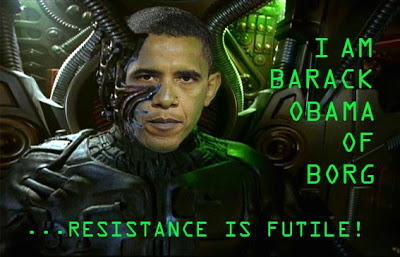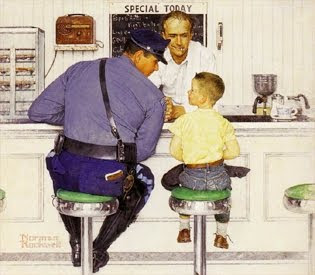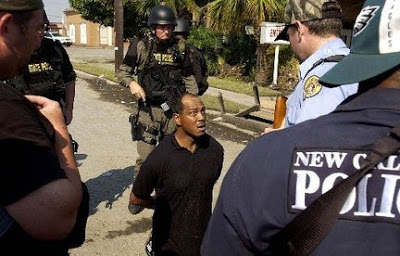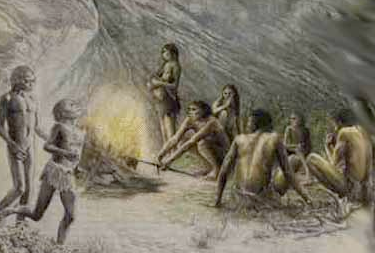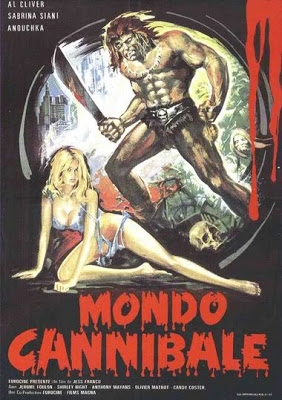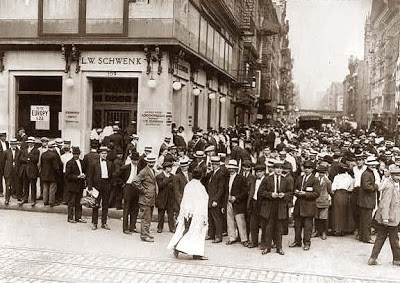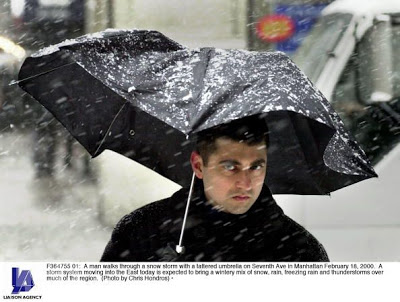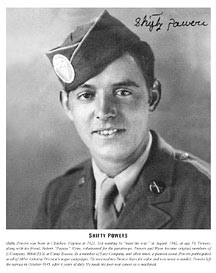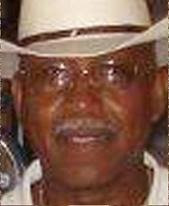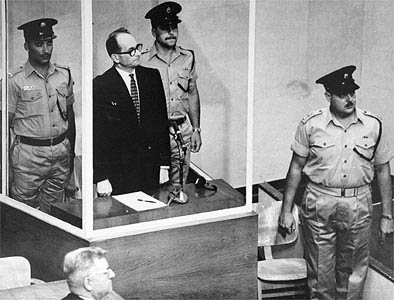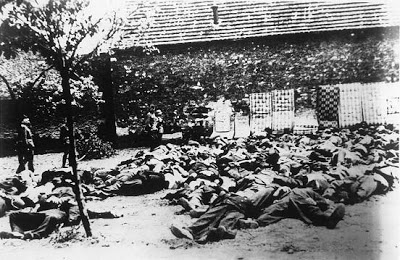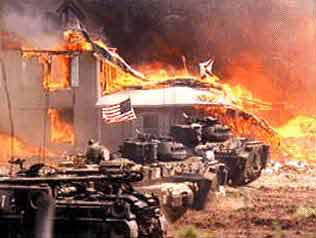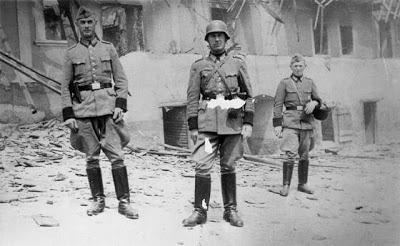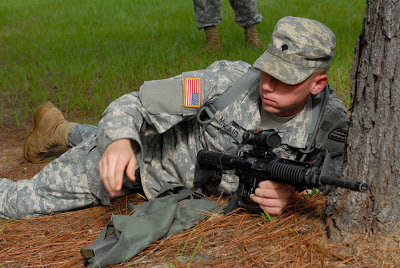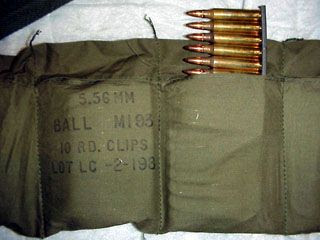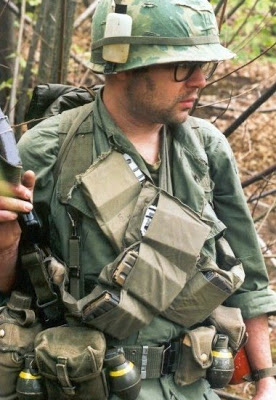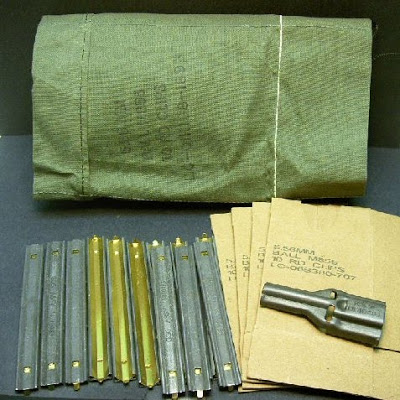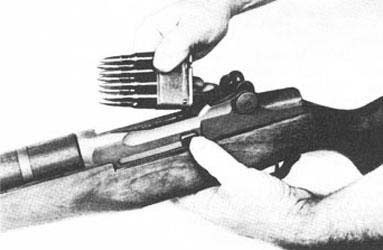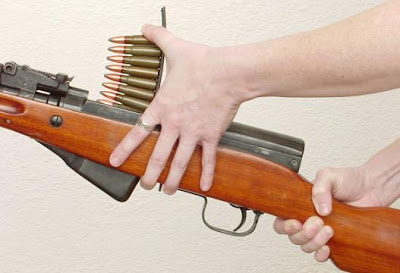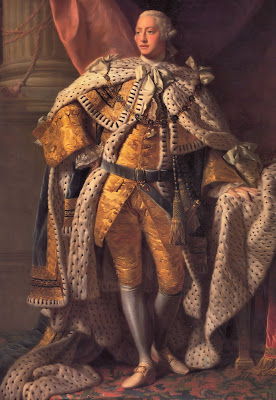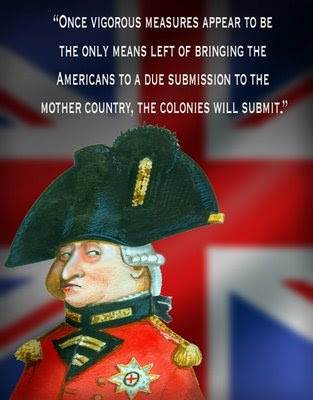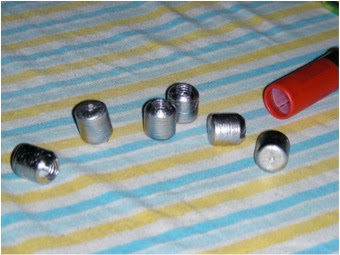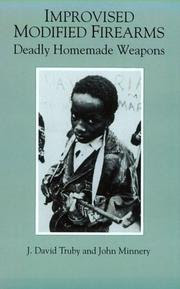 “Yeah, but what does that Three Percent thing MEAN?”
“Yeah, but what does that Three Percent thing MEAN?”
The muzzles of three million rifles: A more complete explication of the Three Percent and what our existence means to the rest of the population, the Founders’ Republic and all our futures.By Mike Vanderboegh
The other day I ran into a fellow who thought he was a Three Percenter but he wasn’t sure. “Yeah,” he said, “but what does that Three Percent thing MEAN?” I explained more or less thusly:
Three Percent: The number of colonists who took the field to actively fight against King George III.
Three Percent: The number of America’s armed citizenry today who can be counted on to actively resist any future restrictions on firearms, or indeed, any more attacks on the God-given natural liberties which are codified in the Constitution (and some that aren’t).
There are, give or take, a hundred million firearms owners in this country. Three percent of that number is three million. So when we speak of the Three Percent, we are talking about three million firearms owners who are politically active, but no longer count on politics alone to defend their liberties. These three million have watched as our traditional right to arms has been attacked and diminished on the federal level for more than 75 years since the National Firearms Act of 1934. In that time, in almost every instance when a new firearm restriction has been proposed, we have lost the political argument and being law-abiding we have allowed ourselves to be shoved back, grumbling. The Three Percent are simply saying, “No more.” One more restriction on our natural liberties -- the liberties the Founders did their best to secure -- and we will resist.
“But what do you mean, ‘resist?’” he asked.
Very simple, I replied, we refuse to obey. If our right to peaceably assemble and personally trade our privately owned arms with other law-abiding citizens is restricted -- the alleged “gun show loophole” --- we will stage our own gun shows and dare the ATF to do anything about it. If the manufacture of ammunition is tampered with by further government restrictions -- punitive taxes, “microstamping,” or other such nonsense -- we will make it ourselves or smuggle it in and dare the federal authorities to do anything about it. If more classes of firearms are added to their onerous bans -- fifty caliber rifles for example -- we will manufacture our own and dare them to do anything about it. We can only be oppressed with our consent, for we are armed. And WE DO NOT CONSENT.
“They will shoot you,” said my new friend, immediately getting to the crux of the matter.
“Yes, they must,” I replied reasonably. “It is what they do. That’s the ultimate threat behind every federal infringement. ‘Do this or we will shoot you.‘ But THEY must fire first. There must be no Fort Sumters. THEY must cede the moral high ground.”
“What happens then?”
“Then,” I replied, “we shoot back in righteous self-defense. There will be no more free Wacos for them. The only thing is, to the greatest extent possible, we must then take the civil war to the people who started it and who direct it -- the political mandarin class who issue the orders -- the elected officials, the unelected bureaucracy and their tyranny’s cheerleaders in the intelligentsia and press who lay the predicate for it. ‘No more free Wacos’ will have personal implications for those people.”
“Isn’t that a threat?”
“It is a promise, but I hope they take it as a very real threat against their future misconduct. If they do, and they begin to internalize the fact that the people who they have shoved around these past seventy-five years are finally ready to shove back -- and that it is THEY who will be personally ‘shoved back’ -- then maybe, just maybe, we can avoid a shooting war. Like Mama Liberty says on my blog, ‘If they don‘t want a civil disturbance, why don‘t they quit disturbing us?’ We‘re not trying to tell them what to do and how to live, THEY are trying to force their beliefs on us -- and take our liberty and property in the bargain while demanding we pay for the privilege of being robbed. If they don‘t want trouble all they have to do is leave us alone.”
“Do you think we can? Avoid it, I mean.”
I sighed. “I hope the Tea Party movement can save the day politically, but I doubt that they will be able to overcome the inertia of the two-party stacked deck. For some of those in the permanent political class, it is in their interest to provoke violence. ‘Let no good crisis go unexploited,‘ as a White House chief of staff would say. For these people, especially if they see they are about to lose power, they may think that it is in their interests to burn the American equivalent of a Reichstag or two, or three. The fault is ours, for we LET them shove us back for seventy-five years with not a single shove back. Why should they expect it now? You can’t really blame them for being who they are. Such people have existed throughout history. You might as well blame a rattlesnake for biting your child when you knew the rattler was living under your porch for years and yet you did nothing about it. The blame is yours. That’s what Ben Franklin was saying when he replied, ‘A Republic, madam, if you can keep it.’” We -- us, our fathers and grandfathers -- have let them get away with stealing our property and our liberty for generations. Now, with our backs to the wall and no further room to give and still call ourselves free, we must deal with the rattlesnakes and eradicate them or, like St. Patrick, drive them into the sea.”
“So we need a revolution?”
No, I replied, we need a RESTORATION. It is they who are the revolutionaries, overthrowing the Founders’ Republic and the Constitution bit by bit, in Gramscian style. (I then had to explain Gramsci, but I shall not do it here. Look it up yourself, if you need to.) We simply want what the Founders wanted -- a Republic of ordered liberty, the rule of law, the right to property, free markets and free men (and women, of course).
“Well, I don’t think they’re going to get it. I think we’ll have to end up shooting them.”
Perhaps, I said, if they have time to get around to it.
“What do you mean?”
“Deficit spending, mountainous debt, printing money to monetize that debt -- the politicians of both parties have handed us a future that represents an existential threat to the country and its people. This administration may not get around to sparking a civil war by tyrannical misadventure, we may have a breakdown of civil order (which, in its worst form could be WORSE than civil war) because the whole house of cards collapses, suddenly and at once. And then it will be up to the Three Percent to save what can be saved.”
“Why just the Three Percent?”
“Because we are the only ones with the numbers and the firearms and because we think like citizens not serfs.”
He gave me a quizzical look.
“Citizens take responsibility for the safety of the community. They do this because they understand that this must be done in order to secure the safety of themselves and their own families. And we will do it because it is necessary, not because somebody pays us to. Look, have you ever come across a car wreck right after it happened?”
“Yeah. Twice.”
“What did you do?”
“Well, I stopped and ran down to the wrecks to see if I could help. I . . .”
I interrupted him. “Stop right there. I don’t need the details. Here’s my point. You stopped, you ran down to see if you could help. That makes you a citizen. There’s no better example of citizenship than that. And while you were down in the ditch, you had plenty of onlookers, didn’t you?”
“Yeah.”
“Was there a big crowd close around the wrecked car?“
“No. Once it was just me and a couple of guys who were riding in my pickup and the other time it was just me and another guy who stopped.”
“Okay, that’s the number of citizens on the scene. The guys who came down with you who had been riding in your truck, they came down because of your leadership probably, right?
“Well, I don’t know, they probably would have stopped themselves.”
“But you led them down into that ditch, right?”
\
“Yeah.”
“So you are not just a citizen, but a leader of citizens. But there were lots of people who stopped but only called 9-1-1, or people who just stopped and stared or people who kept on driving without doing anything, right?”
“Yeah.”
“Serfs. They drove on because it ‘wasn’t any of their business’ and most of the ones who called 9-1-1 instead of calling and THEN coming down to see if they could help did so because they have been conditioned that only ‘authorities’ are competent to handle an emergency, right? Some of them may be doctors or nurses. The driver or his passengers may be bleeding to death, but if it were up to the serfs the victims would simply bleed to death before they stirred their stumps to help, right?”
“Yeah, I see your point.”
“Serfs. They are not citizens because they take no personal responsibility. They are serfs. Willing, trained serfs. You took responsibility, so you are a citizen.”
“Well, I had some training in the Marines and I went to some classes after I got out . . .”
I cut him off again. “My point exactly. A citizen anticipates trouble and thus when he or she is called upon, they are not only willing to act, but competent to do so. Citizenship is a duty, a responsibility that is willingly assumed, along with the rights and liberties attendant to it. The problem is that the public schools no longer turn out citizens in this country, they are in fact serf factories because that‘s the way that the ‘powers that be’ want it. If you are a tyrant-wannabe, having to deal with citizens is at best inconvenient and at worst dangerous to your liberty- and property-stealing plans. Serfs are much more to their liking.”
“But,” I continued, “look beyond a simple car wreck to a car wreck times a hundred thousand like Katrina. The police did a number of things there that were in their way just as educational to anybody who paid attention as Waco was at the federal level. Some cops ran home to save Momma and the kids, leaving their posts and their duty. Some cops joined the looters. Other cops violated their oaths to the Constitution and either shot and killed innocents like some occupying army or disarmed the law-abiding, leaving them helpless against the rapists, thieves and murderers that they didn’t disarm -- again, like an occupying army. When the whole SYSTEM breaks down, God forbid, Americans, being a practical people, will make their own arrangements. They will work with those law enforcement officers who will stand by their duty and their oaths but, more to the point, they will resist at the muzzle of a rifle (or, I should say, at the muzzles of THREE MILLION RIFLES) anybody -- feds, cops or freelance criminals -- who attempts to ‘Katrina’ them.”
I told him that a nationwide social and economic breakdown will see the revival of citizens’ militias in a huge way -- instantly. However, tragedies will come to those who fail to see the need NOW for preparation, training and that “well regulated” stuff the Founders were talking about. (And if you haven’t studied how the language has changed since the Second Amendment was written, you don’t understand that “well regulated” meant at the time that the militia, the armed citizenry, should be trained, disciplined, with arms of common caliber and agreed upon tactics.)
“That’s still going to be a bunch of tragedies,” he observed.
“Yes, it is,” I answered. “But the question is, do you want to be one of them?”
“No, I don’t,” he answered.
“Then, “ I said with a grin, “you’ve just become a Three Percenter, whether you were before or not.”
“How do I join?”
“The Three Percent is NOT an organization. That would be too easy to kill, too simple to discredit. The Three Percent is an idea, a movement of like-minded people, and that is something that is far harder to kill. Almost impossible, really. You know the Oath, the one that you swore before God when you joined the Marines?”
He allowed that he remembered it, every word of it.
“Then just remember that the oath is not to a man, no matter how popular he is, or to a political party, or to an administration even if a majority of the people gave them the power by voting, but to an idea -- the Founders’ Republic of God-given liberties and natural rights as expressed in the Declaration of Independence and codified in the Constitution. Remember that it is a life-time oath and has no expiration date. Once you realize those things and remember them every morning when you look yourself in the mirror, you’re a citizen. Everything after that is tougher -- organizing your friends and neighbors; preparing and training for the future date when (not if) your military competence and that of your friends will be tested; getting your County Sheriff used to working with armed citizens; and finally, being awake, aware and ready to stand in the gap, come the Waco hell of tyranny or the Katrina high water of natural or social disaster. It is tougher, way tougher, but it must be done.”
He nodded his head, thinking. And in his eyes I saw his decision, if indeed there had ever been a question.
“Welcome,” I told him, “to the Three Percent.” We shook hands, and then fell to talking of his like-minded friends, how big an area of operations he thought he and they could protect, of beans and bullets, and equipment and training.
I hope this has given y’all a better idea of what the Three Percent is, and what it isn’t. What it boils down to is this: the Three Percent are the folks the Founders counted on to save the Republic when everyone else abandoned it.
And we will.
There will be no more free Wacos and no more free Katrinas.
For we are the Three Percent.
We will not disarm.
You cannot convince us.
You cannot intimidate us.
You can try to kill us, if you think you can.
But remember, we’ll shoot back .
We are not going away.
We are not backing up another inch.
And there are THREE MILLION OF US.
Your move, Mr. Wannabe Tyrant.
Your move.




